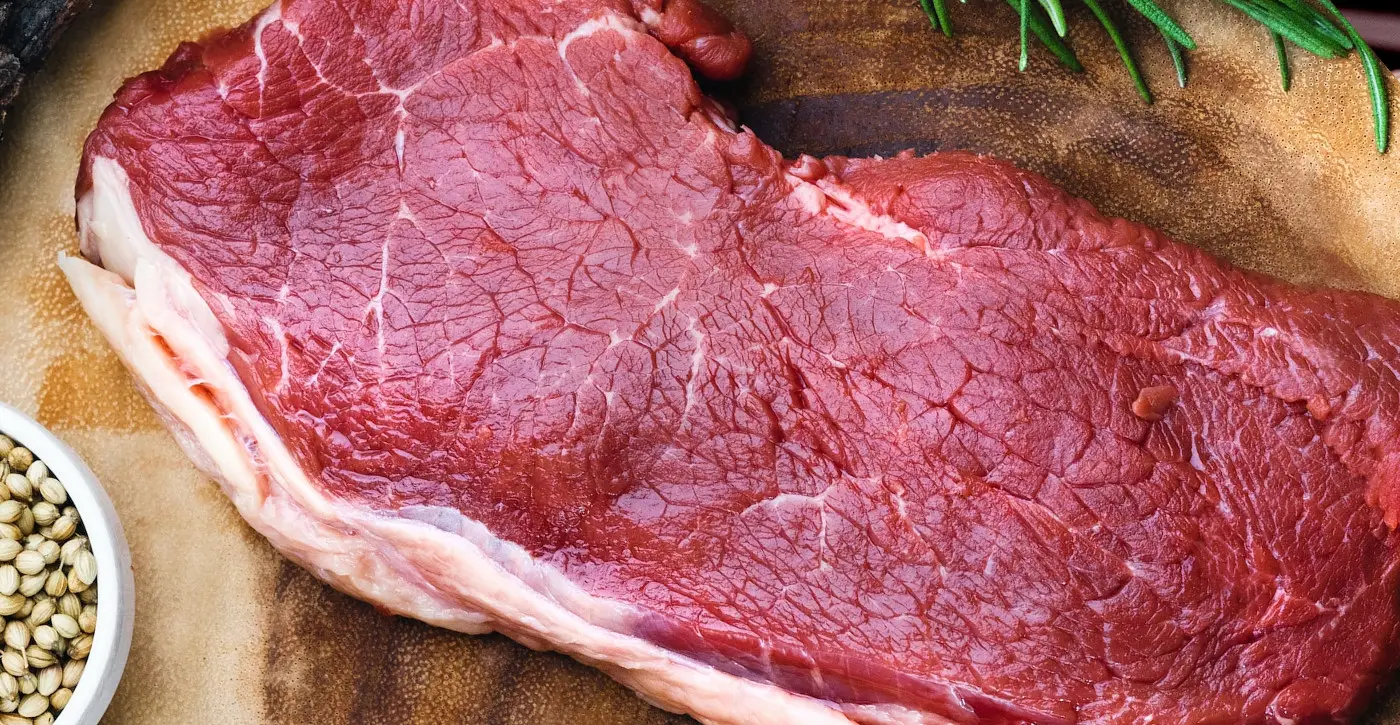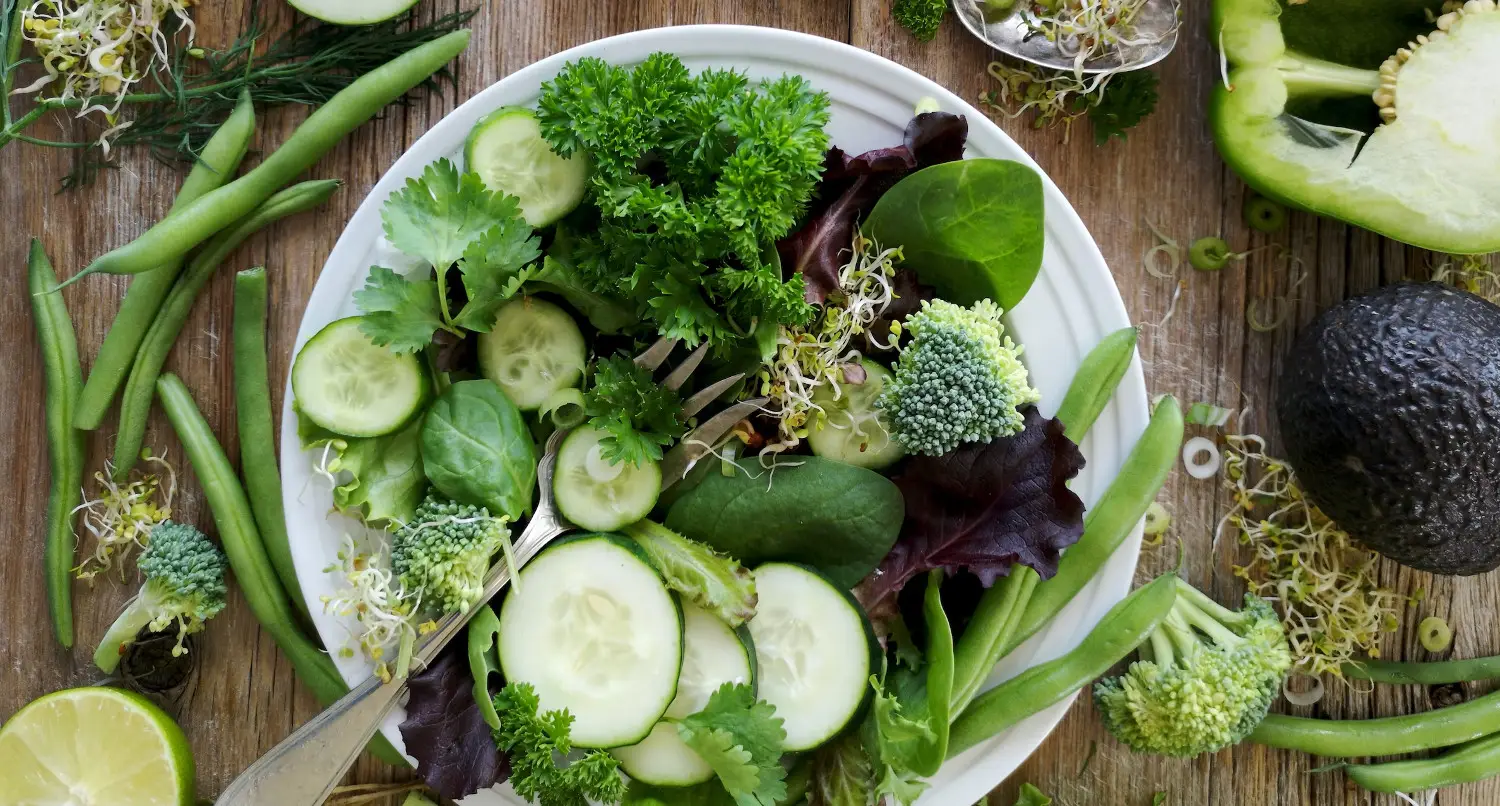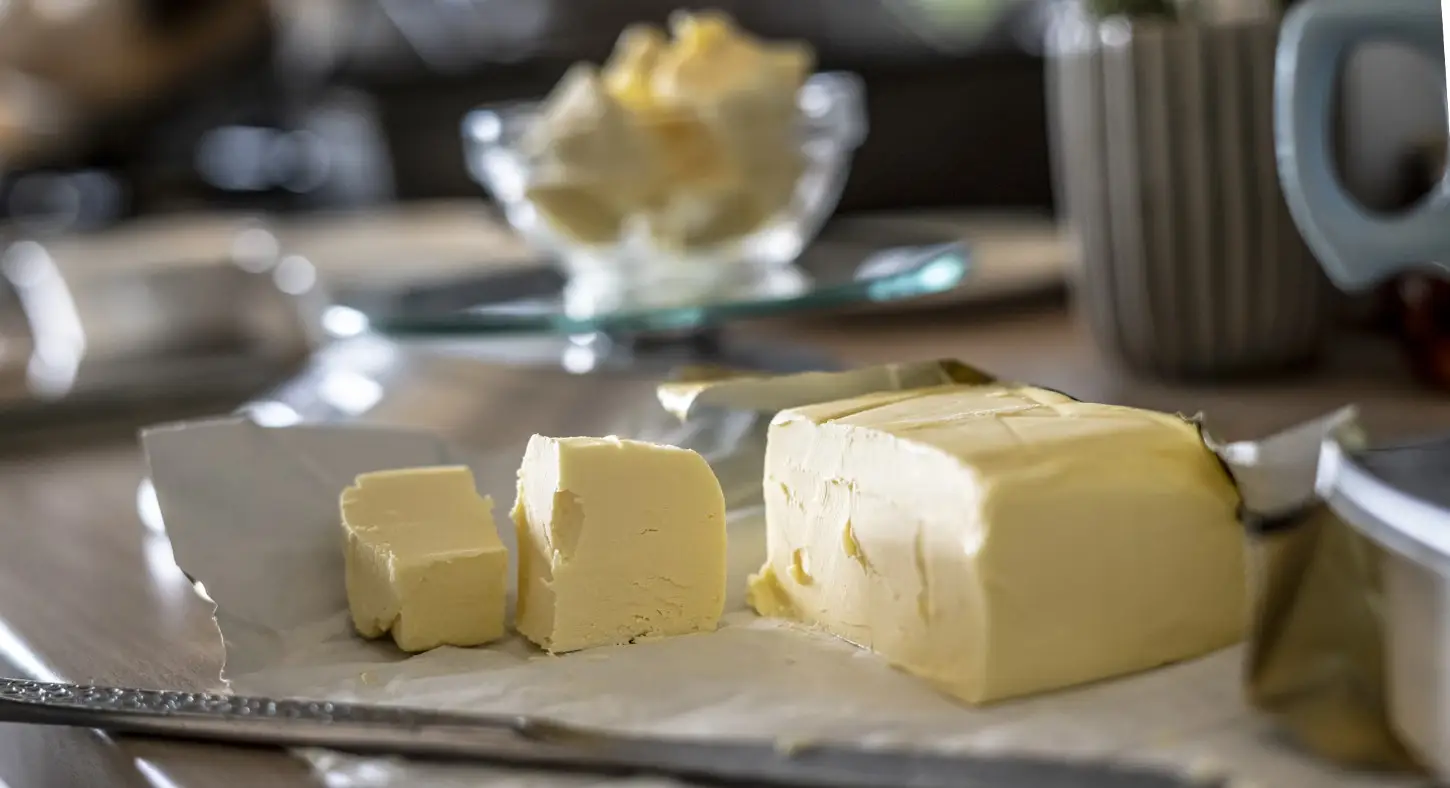Wheat, Puffed Lysine and Arginine Info Sheet
Overview
Wheat, puffed is a type of breakfast cereal made from whole wheat kernels that are heated and expanded into puffs. It is high in fiber, iron, and B vitamins.Wheat, puffed can be eaten with milk, yogurt, or fruit, or used as a snack or a topping for desserts.
Wheat, puffed may have some health benefits, such as lowering cholesterol, blood sugar, and blood pressure, and improving digestion and bowel health.
However, it may also contain gluten, which can cause allergic or intolerant reactions in some people, such as celiac disease, dermatitis herpetiformis, or wheat allergy.
| Name | Lysine (mg/100g) | Arginine (mg/100g) | Ratio |
|---|---|---|---|
| Wheat, Puffed | 408mg | 708mg | 0.576 |
Wheat, Puffed contains 408mg of Lysine and 708mg of Arginine per 100g of product.
This means Wheat, Puffed has a low Lysine-Arginine ratio of 0.576.
Because Wheat, Puffed contains slightly more arginine than lysine, reducing its consumption may help people who suffer from herpes, as it may lower the viral activity.
Lysine Considerations
Wheat, puffed is a fair source of lysine, an essential amino acid that is important for protein synthesis, collagen formation, and calcium absorption.
Lysine may also help prevent cold sores, herpes, and shingles.
Wheat, puffed provides about 408 mg of lysine per 100 grams of food, which is about 14-51% of the recommended daily intake of 800-3000 mg for adults.
It's one of the nine amino acids that the body can't produce, so it must be included in our diet.
Lysine has different roles in the body, such as aiding in growth, healing, energy production, immune function, and the production of collagen.
Research indicates that lysine may have an impact on the herpes virus, which is responsible for cold sores and genital sores.
Taking lysine supplements or using lysine cream could potentially prevent or treat these infections by working against the amino acid arginine, which the virus requires for growth.
Arginine Considerations
Wheat, puffed is also a fair source of arginine, another essential amino acid that is involved in nitric oxide production, wound healing, and immune function.
Arginine may also help improve blood flow, erectile dysfunction, and athletic performance.
Wheat, puffed provides about 708 mg of arginine per 100 grams of food, which is about 12-18% of the recommended daily intake of 400-6000 mg for adults.
Arginine can contribute to cold sore outbreaks, which are blisters caused by the HSV-1 virus, also known as herpes.
Arginine aids in the growth of HSV-1, which needs this particular amino acid to multiply and infect cells.
Arginine can be obtained through our diet, and is found in a variety of high-protein foods such as nuts, seeds, and chocolate.
Regrettably, the herpes virus is known to "feed" on arginine, and a diet abundant in arginine compared to lysine may increase the frequency and severity of cold sores and herpes outbreaks.
Lysine-Arginine Ratio
Wheat, puffed has a moderate lysine-arginine ratio of 0.576, which means that it has slightly more arginine than lysine.
This ratio may affect the balance of these amino acids in the body, and may influence the risk of viral infections, such as herpes simplex virus (HSV).
Some studies suggest that a higher lysine-arginine ratio may help suppress HSV replication, while a lower ratio may promote it.
Therefore, wheat, puffed may not be the best choice for people who have or are prone to HSV outbreaks.
However, the lysine-arginine ratio is not the only factor that affects HSV, and other factors, such as stress, immunity, and diet quality, should also be considered.
Lysine and arginine are both amino acids that are involved in protein synthesis and other metabolic processes.
That said, they have opposite effects on the herpes simplex virus, which causes cold sores and genital herpes.
Lysine can stunt the replication of the virus, while arginine can stimulate it.
Because of this, eating foods that have a high lysine-arginine ratio may help reduce the frequency and severity of herpes flare ups.
Some examples of foods that have a high lysine-arginine ratio are milk, cheese and yogurt, fish, poultry, fruits, and vegetables.
These foods can provide the body with enough lysine to block the availability of arginine by the virus, and thus prevent its growth and spread.
Dietary Considerations
Wheat is a cereal grain that is widely used to make bread, pasta, and baked goods.
Wheat contains gluten, starch, and fiber, which can have various effects on digestion and blood sugar levels.
Wheat also contains lysine and arginine, but the amount is higher in arginine than lysine.
This makes wheat less beneficial for people with herpes, as arginine can trigger herpes flare ups.
Wheat should be avoided or consumed in moderation by people with herpes.

For example:
L-lysine supplementscan help you prevent herpes outbreaks and stop a cold sore before it develops by depriving the virus of arginine, which it needs to form a cold sore.
Taking other food supplements that can improve your immunity and protect your cells from oxidative stress, such as vitamin C, zinc, selenium, and antioxidants.
Avoiding foods that can cause allergic reactions or sensitivities, such as gluten, dairy, nuts, eggs, or shellfish.
These foods can trigger inflammation and weaken your immune system, making you more susceptible to outbreaks.
Pain, swelling, and itching can be reduced by eating foods that have anti-inflammatory, antiviral, and antibacterial properties, such as honey, yogurt, aloe vera, and chamomile.
These foods can also help you heal faster by promoting tissue repair.
Check more food information






